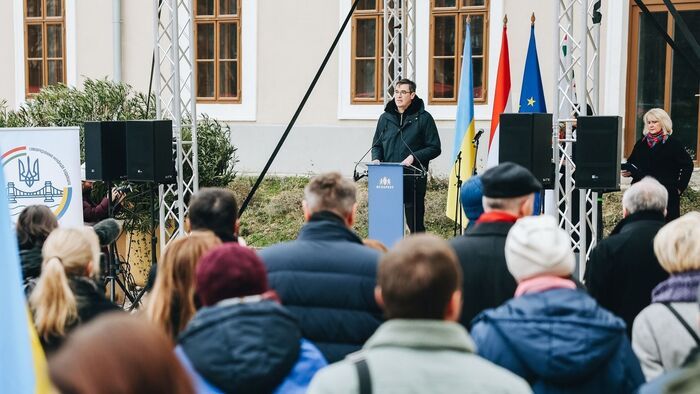Even the retired, former foreign minister of the Bajnai government felt the need to make his opinion heard on the scandal sparked by the Tűzfalcsoport report. According to Péter Balázs, “There is no doubt this is a message – and a rather important one – that within 24 hours the American embassy in Budapest voiced an opinion on two separate controversial domestic Hungarian political issues.”
Of course, it is a legitimate question why the embassy did not issue a third statement.
According to diplomatic sources, the Tűzfalcsoport believes that Ambassador Pressman has in the meantime read the Vienna Convention’s second paragraph of Section 41, defining diplomats’ freedom of movement and specifying the rules for contact with officials – including with judges. In accordance with this, a meeting such as the one that occurred in Budapest should only take place through the mediation of the given country’s foreign ministry. If this coordination had occurred, it certainly would have been referenced; however, as the Tűzfalcsoport did not want to accuse anyone without grounds, they asked Mr. Pressman to clarify the
situation. The online portal asked the ambassador a simple question: Did the meeting with the two judges comply with the second paragraph of Article 41 of the Vienna Convention?
The National Judicial Council enjoyed the support of the left-wing press in connection with this scandal – even the portal 444.hu, representing George Soros’ interests, defended the two judges. According to the Tűzfalcsoport, these two judges can potentially be useful allies for Brussels. It is a different question though that the credible public law officials unanimously condemned the ambassador’s provocative meeting with the Hungarian judges.
Though many believe that the National Judiciary Council is an authentic representative body for the judges involved, in reality, it is known that this organization is actually not that high up in terms of the judiciary hierarchy. It is no coincidence that in the past years a certain set of names have appeared among the applicants: Vadász, Vasvári, Lehmann, Abért. According to information from the Tűzfalcsoport, there may be another member who seeks to be a a more powerful judge: board member Judit Fatalin applied for the position of president of the higher courts, but like the other names listed before, she was not supported by the majority of the judges, writes the Tűzfalcsoport.























Szóljon hozzá!
Jelenleg csak a hozzászólások egy kis részét látja. Hozzászóláshoz és a további kommentek megtekintéséhez lépjen be, vagy regisztráljon!